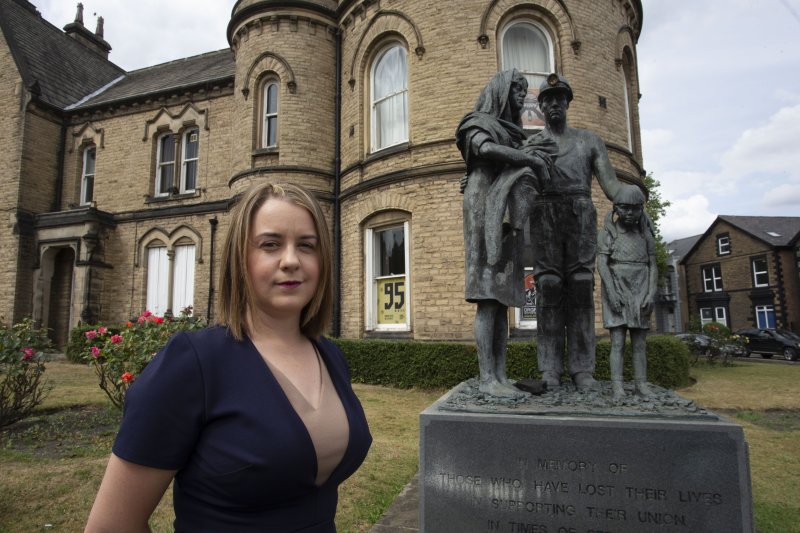FIVE unsolved Barnsley murders will be investigated further after new ‘opportunities’ were identified by a cold case team.
The team was set up two years ago after police said they ‘owe it to the victims and their families’ to bring the killers to justice.
The Barnsley cases which were re-examined included:
- Vera Cooper, 80, who was strangled in her Grimethorpe home in 2002
- Lily Stephenson, who was battered to death on Springfield Place, Barnsley, in 1962
- Lindsey Scholes, who was 17 when she died in an arson attack in Royston in 2001
- Wendy Gallagher, 24, who was strangled on Princess Street, Barnsley, in 1991
- Brian Metcalfe, 44, from Wath, who died from chest injuries caused by stamping
The cases are just five of 26 ‘undetected homicides’ which were reviewed by the team.
Det Insp Simon Palmer, of the Major Incident Team, said: “I think it is fair to say we have identified that there is potential for further work to be done in all five of these cases.
“It may be forensic, given the advances in technology.”
He said the major crime unit had started conducting enquiries, though this had been delayed by several murders across Sheffield and Barnsley over the last month.
He said: “This will change from case to case, it could be revisiting witnesses, but I suspect the majority of work will be around forensics.”
DI Palmer said part of the process had been to make sure the 26 high profile investigations had all been looked at to establish what lines of investigation had taken place and if there were forensic opportunities.
The team also investigated another 71 cases where there had been a homicide investigation to ensure the outcome had been correct.
He said: “We found there were another 71 cases where there had been a homicide investigation. There are a number of reasons why someone doesn’t end up convicted of an offence.
“We spent 12 months looking at these cases to make sure there weren’t any that slipped through the net, if there more investigative opportunities, if there were issues that required forensic review.
“Which is where we are now.
“The review team’s other role is to review serious sexual offences which haven’t been resolved which might be because of the forensic capabilities in the 80s and 90s and conduct reviews and investigations.”
DI Palmer said the unit was originally funded by the Police and Crime Commissioner, but had now been made permanent under a restructure of the force.
He explained: “The original funding was put in by the police and crime commissioner in order to establish what the issues were. Part of the first 12 months was an overview of what we had got and what required doing.
“At the end of the 12 months it became obvious it was an ongoing process that needed to be set up and that was part of the decision to make this a permanent structure which is there for the future.”































